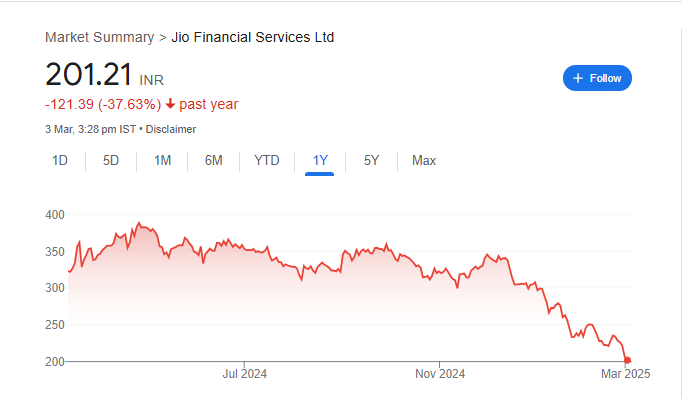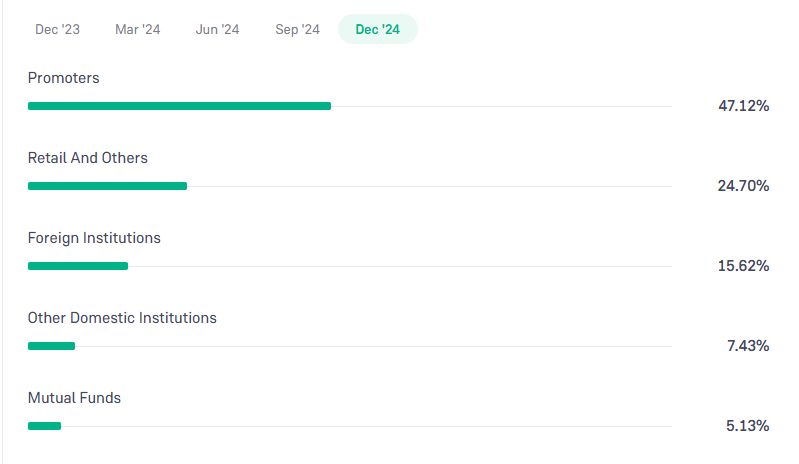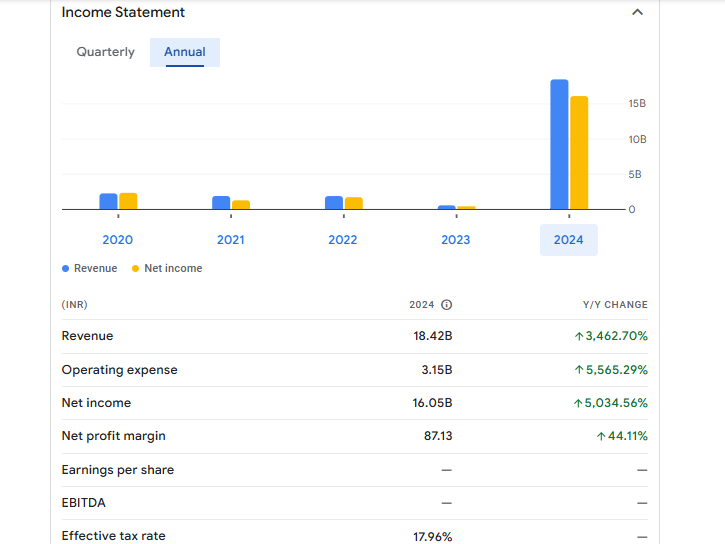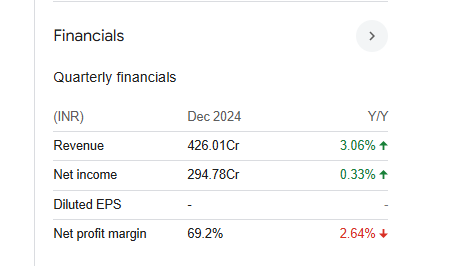Jio Financial Services (JFS) is an emerging player in India’s financial sector, backed by the strong foundation of Reliance Industries. With its focus on digital finance, lending, insurance, and asset management, JFS is attracting the attention of investors. As the company expands its services and strengthens its market position, its share price target for the coming years remains a topic of interest. Jio Finance Share Price on 3 March 2025 is 201.45 INR. This article will provide more details on Jio Finance Share Price Target 2025, 2026 to 2030.
Jio Finance Company Info
- CEO: Hitesh Kumar Sethia (15 Nov 2023–)
- Founded: 22 July 1999
- Founder: Mukesh Ambani
- Headquarters: India, Mumbai
- Number of employees: 584 (2024)
- Subsidiaries: Jio Finance Limited, Jio Payments Bank
Jio Finance Share Price Chart

Jio Finance Share Price Details
- Today Open: 210.00
- Today High: 210.25
- Today Low: 198.65
- Mkt cap: 1.28LCr
- P/E ratio: 79.45
- Div yield: N/A
- 52-wk high: 394.70
- 52-wk low: 198.65
Jio Finance Shareholding Pattern
- Promoters: 47.12%
- Foreign Institutions: 15.62%
- Mutual Funds: 5.13%
- Retails and others: 24.70%
- Domestic Institutions: 7.43%

Jio Finance Share Price Target Tomorrow 2025, 2026 To 2030
- 2025 – ₹400
- 2026 – ₹450
- 2027 – ₹500
- 2028 – ₹550
- 2029 – ₹600
- 2030 – ₹650
Jio Finance Share Price Target 2025
Jio Finance share price target 2025 Expected target could be ₹400. Jio Financial Services (JFS), a subsidiary of Reliance Industries, is rapidly expanding its footprint in India’s financial sector. Several key factors are expected to influence its share price target by 2025:
1. Strategic Partnerships and Joint Ventures
JFS has formed a 50:50 joint venture with BlackRock to launch asset management services in India, receiving in-principle approval from the Securities and Exchange Board of India. Additionally, discussions are underway to establish a private credit venture targeting a diverse clientele, from large corporations to startups. These collaborations are poised to enhance JFS’s service offerings and revenue streams.
2. Inclusion in Major Stock Indices
The anticipated inclusion of JFS in the Nifty 50 index, effective from March 28, 2025, is expected to boost the company’s visibility and attract institutional investors, potentially leading to increased demand for its shares.
3. Financial Performance and Earnings Growth
In the third quarter of FY2025, JFS reported a consolidated net profit of ₹2,950 million, consistent with the previous year’s performance.
Looking ahead, the company’s revenue is forecasted to grow at an average annual rate of 38% over the next two years, outpacing the diversified financial industry in India, which is projected to grow at 12%. Sustained earnings growth is likely to positively influence the share price.
4. Market Expansion and Diversification
JFS’s ventures into mutual funds, wealth management, and broking services indicate a strategic move to diversify its financial offerings. This diversification is expected to attract a broader customer base and enhance revenue diversification, contributing to share price appreciation.
5. Technological Integration and Digital Platforms
Leveraging Reliance Industries’ technological infrastructure, JFS aims to offer innovative digital financial solutions. Embracing fintech advancements can lead to operational efficiencies, cost reductions, and an enhanced customer experience, thereby supporting growth.
6. Regulatory Environment and Compliance
Navigating India’s regulatory landscape effectively is crucial for JFS. Adherence to compliance standards and proactive engagement with regulators can mitigate risks and foster a stable operating environment, positively impacting investor confidence and the share price.
Jio Finance Share Price Target 2030
Jio Finance share price target 2030 Expected target could be ₹650. Jio Financial Services (JFS) has strong growth potential, but it also faces several risks and challenges that could impact its share price target by 2030. Here are six key factors to consider:
1. Regulatory and Compliance Risks
The financial sector in India is heavily regulated, and any changes in RBI or SEBI guidelines could impact JFS’s operations. Compliance issues, data security regulations, or new financial policies may create hurdles for the company’s growth.
2. Intense Market Competition
JFS competes with established financial giants like HDFC Bank, ICICI Bank, and Bajaj Finance. The ability to gain market share in loans, insurance, and asset management against well-established players will be a key challenge.
3. Dependence on Digital Infrastructure
As a fintech-driven company, JFS relies on digital platforms and technology. Any cybersecurity threats, data breaches, or system failures could lead to customer distrust and financial losses.
4. Macroeconomic and Interest Rate Fluctuations
Economic downturns, inflation, or changes in interest rates could affect JFS’s lending business. A slowdown in the economy may lead to higher loan defaults, impacting profitability and share price performance.
5. Profitability and Revenue Uncertainty
Although JFS has a strong parent company in Reliance Industries, building a profitable financial services business takes time. Delays in achieving expected growth, higher operational costs, or slow revenue generation could impact investor confidence.
6. Changing Consumer Behavior and Market Trends
The financial sector is evolving rapidly, with customers shifting toward digital banking and decentralized finance. JFS must continuously innovate to stay relevant, or it may struggle to retain and attract customers.
Financials Statement Of Jio Finance
| (INR) | 2024 | Y/Y change |
| Revenue | 18.42B | 3,462.70% |
| Operating expense | 3.15B | 5,565.29% |
| Net income | 16.05B | 5,034.56% |
| Net profit margin | 87.13 | 44.11% |
| Earnings per share | — | — |
| EBITDA | — | — |
| Effective tax rate | 17.96% | — |


Read Also:- Reliance Industries Share Price Target Tomorrow 2025, 2026 To 2030

